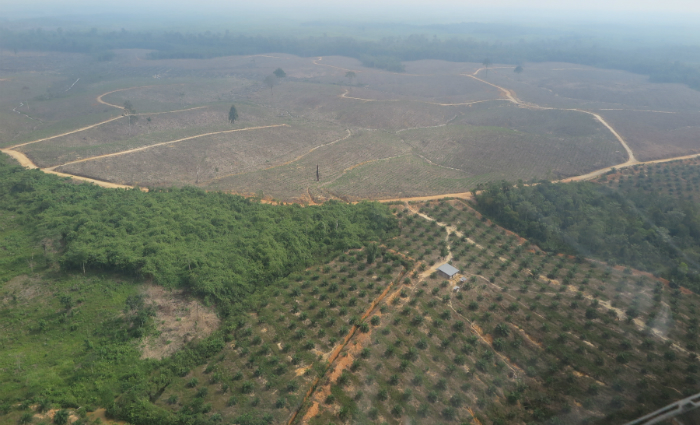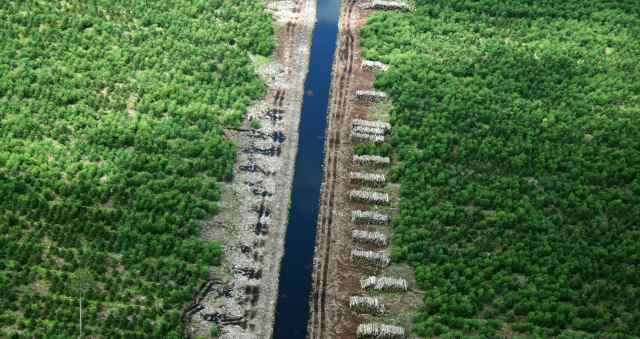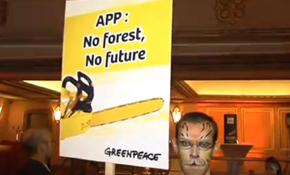
Asia Pulp and Paper has retired 7000 hectares of commercial plantations in Indonesia after a research agency identified it as requiring immediate rehabilitation.
Though the area is a tiny fraction of its 2.1 million hectare concessions, the giant paper manufacturer says it is the first in the world to retire a plantation for environmental reasons.
Managing director of sustainability Aida Greenbury says it is an important milestone in the delivery of its Forest Conservation Policy (FCP).
“The retirement of active plantations is not an easy decision for any business to take, but we believe that taking urgent steps to protect remaining areas of peatland forest, as well as reducing and avoiding climate emissions from peatlands, must be a priority.
“While there is still a long way to go, and we have much to learn, this announcement represents a major breakthrough.”
[Related: More environment news]
Paper Force, the Australian arm of APP, says the retirement of the tropical areas is to protect threatened carbon-rich peatlands, saying it is the first time this has happened for conservation purposes worldwide.
Greenbury says peatland development is one of the biggest sources of greenhouse gas emissions and retiring the plantations will help reach Indonesia’s target of a 26 per cent reduction in emissions by 2020.
However, she says APP cannot protect peatland alone and called on other paper companies to do the same.
“APP’s goal of supporting the conservation of forest and peat landscapes needs to be a shared objective, and one supported by meaningful actions from both the government and other plantation companies,” she says.
“This should include addressing the systemic barriers to forest and peatland protection, supporting forest restoration and ensuring development opportunities for communities.”
Aljosja Hooijer, programme leader at independent research institute Deltares, says it is a first step in a process towards the development of a new model to define best management practices in peatlands.
“The pioneering approach to collecting LiDAR (satellite) data has allowed the technology to be deployed at an unprecedented scale economically, and will advance the science of peat and peat management not only in Indonesia, but also globally,” he says.
The land marked for retirement is spread across five individual acacia plantation areas in Riau and South Sumatra which have been identified as requiring immediate rehabilitation following recommendations from Deltares.
Comment below to have your say on this story.
If you have a news story or tip-off, get in touch at editorial@sprinter.com.au.
Sign up to the Sprinter newsletter



